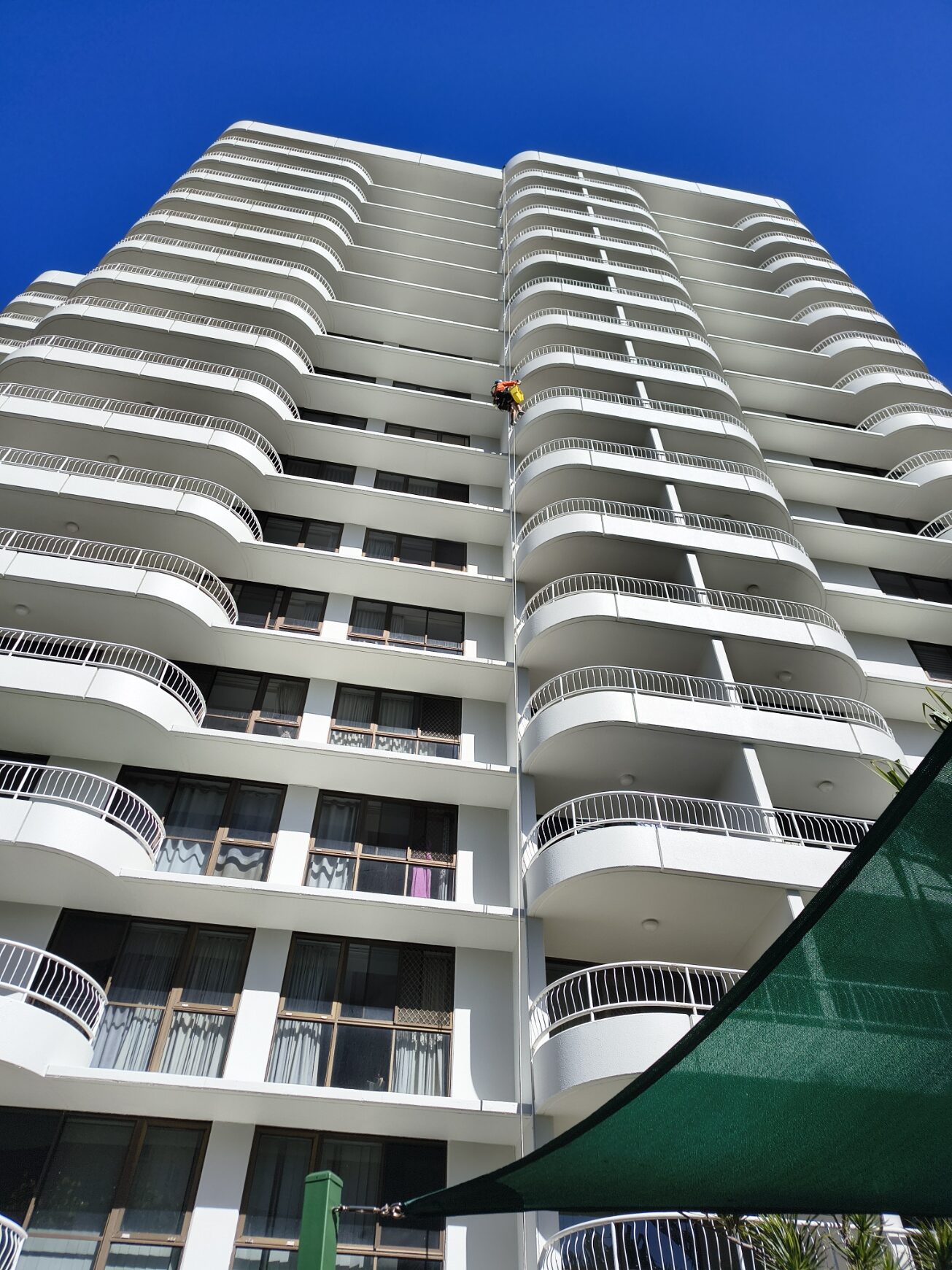




Case Study: Capricornia Apartments
Background
The Capricornia Apartments committee initially sought to move forward with major repair and painting works. Four separate contractor quotes were obtained, however each quote was based on different assumptions, inclusions, and exclusions. This made direct comparison impossible and left the committee uncertain about the true scope and cost of the works.
Complicating matters, a dilapidation report had been completed by a contractor who had previously undertaken minor repairs at the building. That report overstated the extent of required works, creating an inflated assumption of the building’s condition. This added further confusion for both the committee and residents.
Challenge
-
Quotes did not align, leaving the committee without an “apples for apples” comparison.
-
The dilapidation report created a distorted perception of building condition.
-
Residents and committee members lacked the confidence to make a fully informed decision.
Solution
Tender Guide Consultants re-ran the tender process using an independent, transparent scope of works. The new scope was designed to:
-
Establish a consistent baseline for all contractors.
-
Clearly document the actual condition of the building.
-
Provide equal assumptions across all tenders.
-
Present options in a way that residents could easily understand.
The re-tender resulted in an apples for apples report that put all contractor submissions side-by-side. This included pricing tables, options, and independent analysis against the agreed scope.
Outcome
-
The committee was able to present clear and consistent tender results to residents.
-
Owners were provided with transparent, side-by-side comparisons.
-
The voting process was simplified, with all information necessary for an informed decision available in one document.
-
Inflated assumptions from the earlier report were corrected, saving the scheme from unnecessary cost escalation.
Key Learning
Independent scope development and structured tendering ensures committees and residents are empowered to make decisions based on facts, not assumptions. By removing bias and standardising tender responses, the process delivers clarity, fairness, and financial certainty.